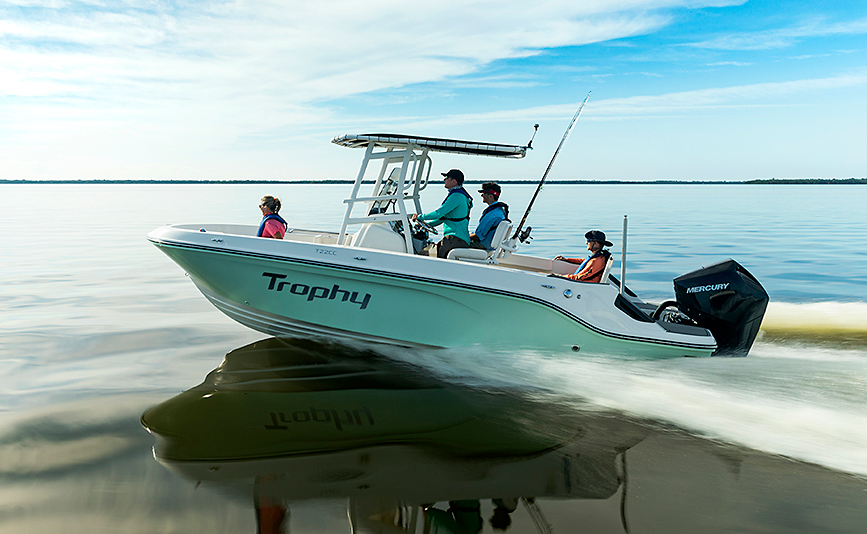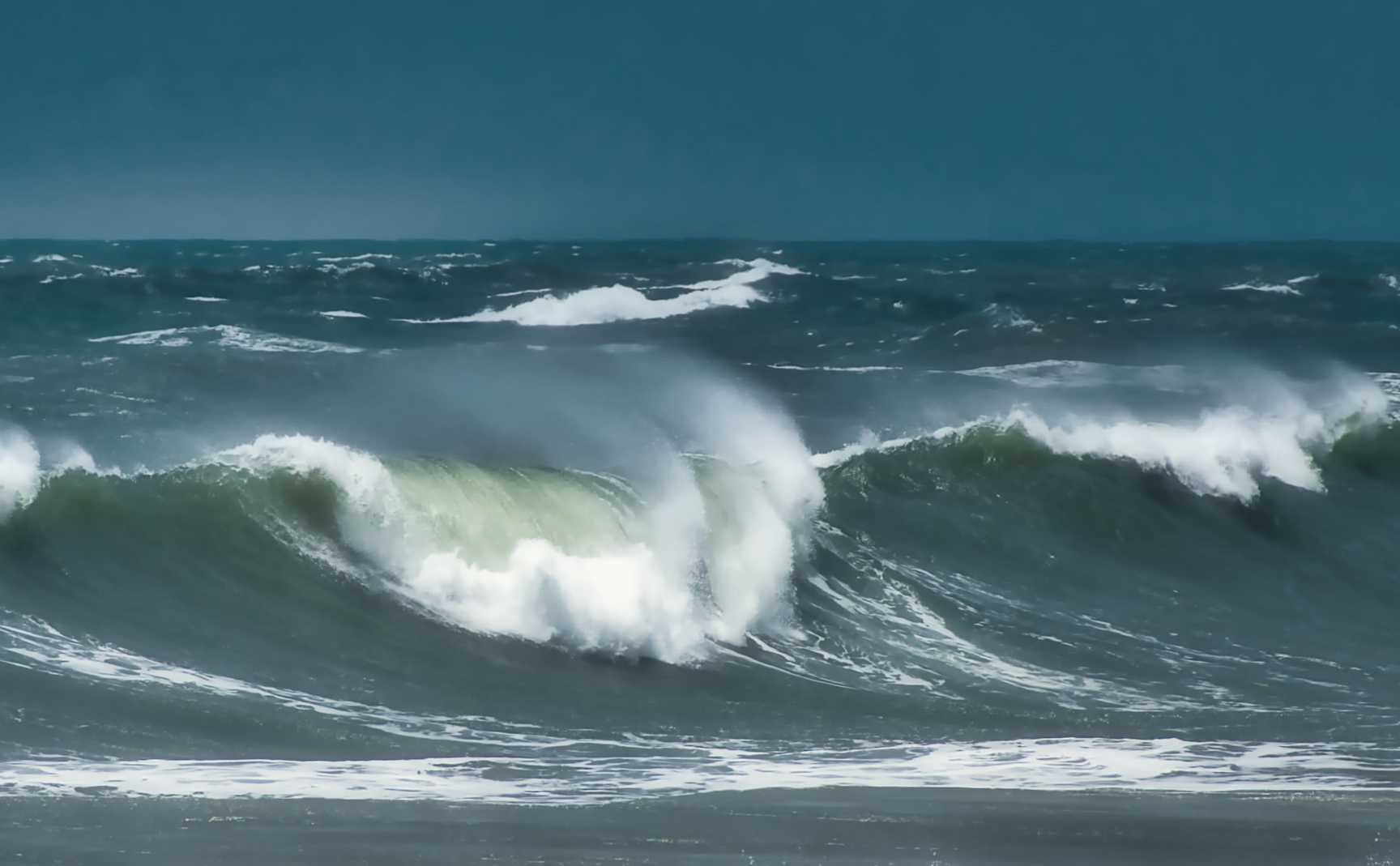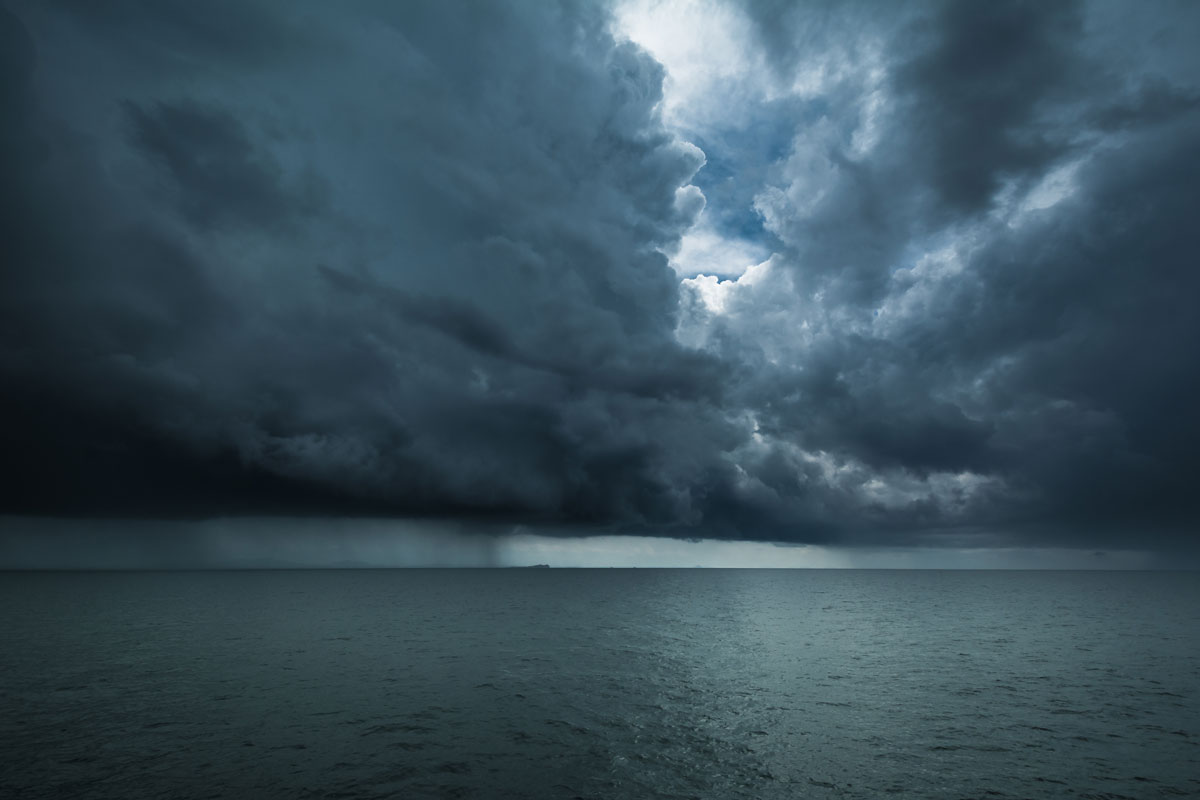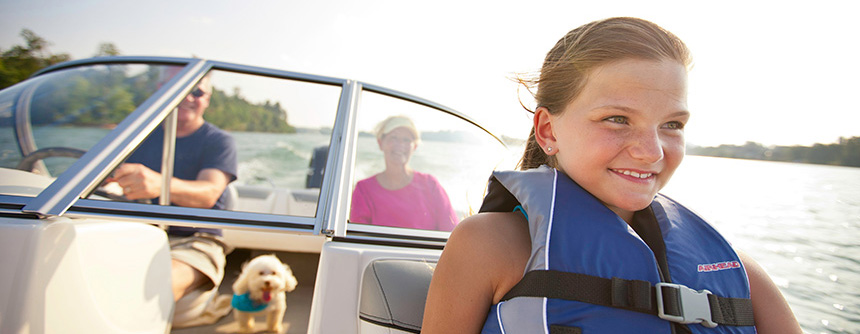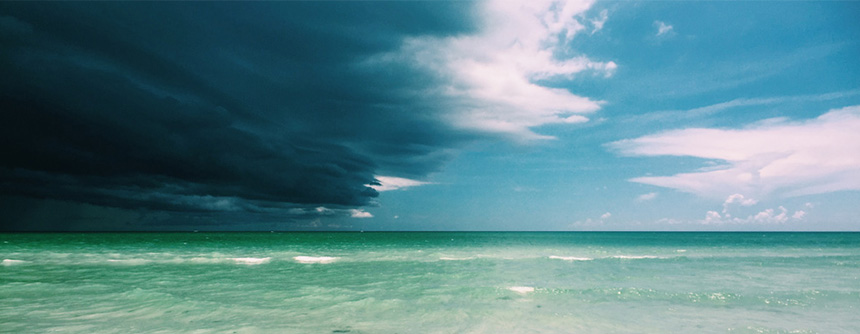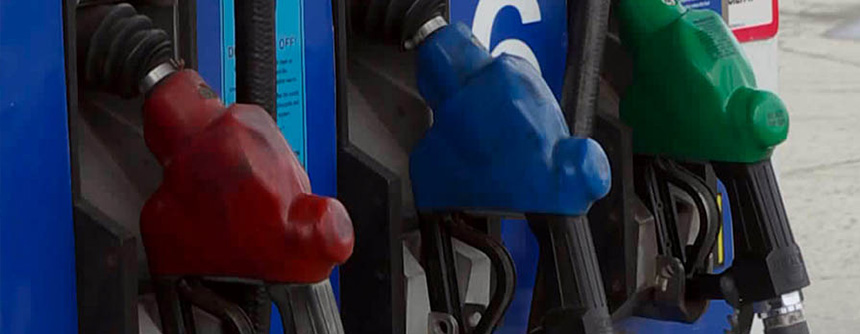Get Set for Summer on the Water!
As we head into summer, boating season in Southwest Florida is in full swing and many of us are excited to hit the water. However, it’s important to keep in mind certain concerns and take necessary safety measures before embarking on your boating adventure. Read more “Get Set for Summer on the Water!”

